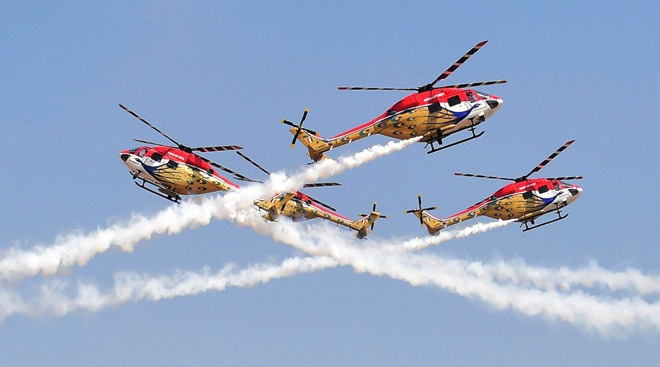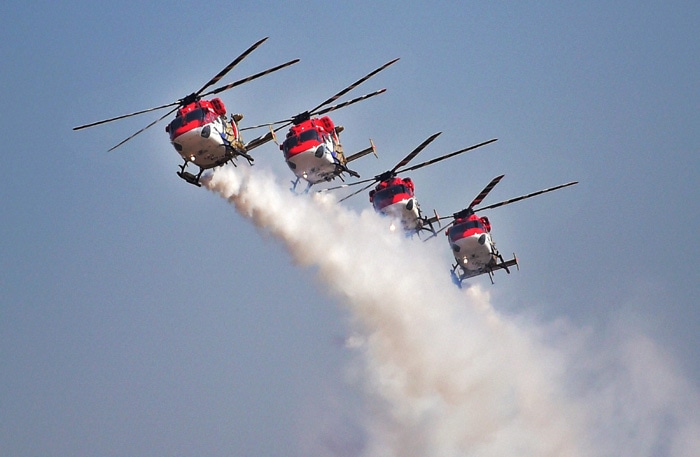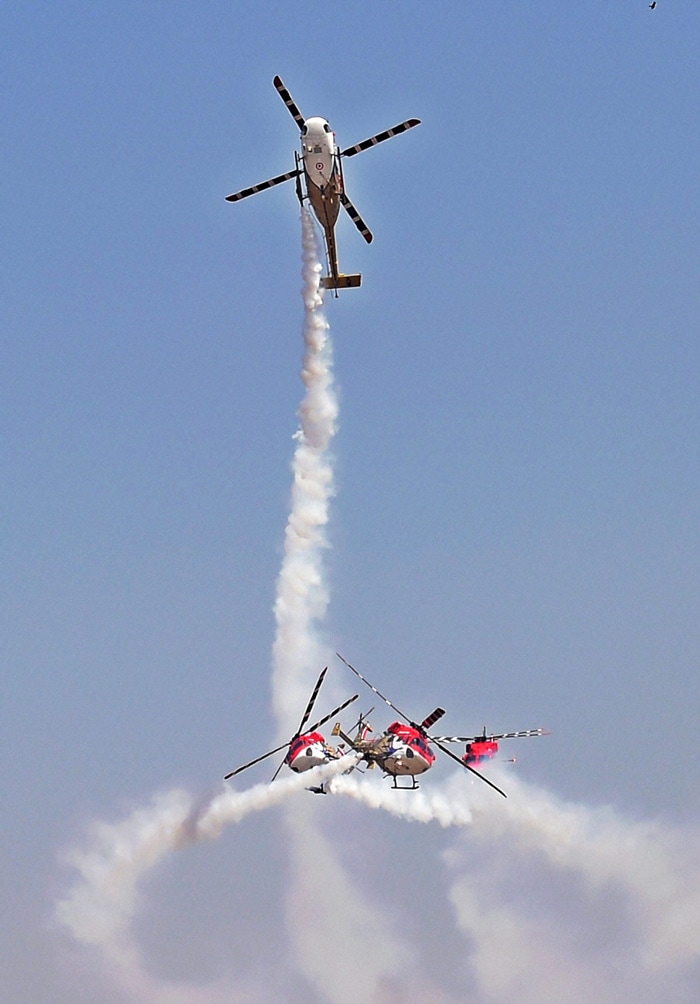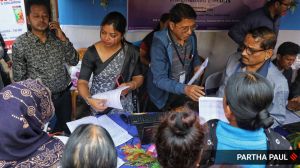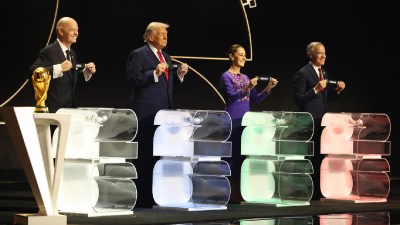Stay updated with the latest - Click here to follow us on Instagram
PM Modi makes ‘Make in India’ pitch at Aero India
PM Modi said reputation as the largest defence equipment importer is not what "we" would like to be.
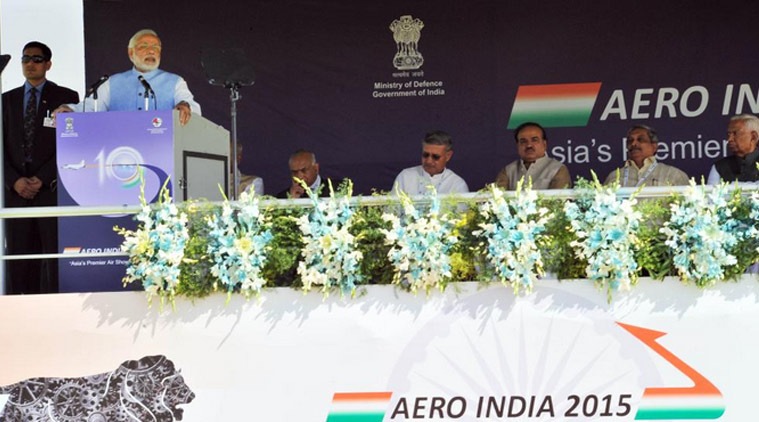 Citing that India is importing 60 per cent defence equipment, Modi said that a reduction by even 20- 25 per cent would directly create additional 100,000- 120,000 highly skilled jobs in the country. (Source: PIB/Twitter)
Citing that India is importing 60 per cent defence equipment, Modi said that a reduction by even 20- 25 per cent would directly create additional 100,000- 120,000 highly skilled jobs in the country. (Source: PIB/Twitter)
Prime Minister Narendra Modi on Wednesday made a strong pitch for make in India in defence and said that the country’s reputation as the largest defence equipment importer is an area where “we” would not like to be number one. Inaugurating the tenth edition of Aero India in Bangalore, the PM called for cutting defence imports so as to create jobs and instead hinted at steps that would boost domestic manufacturing in the country. While noting that imports are unavoidable, Modi called the foreign manufacturers change their approach from being sellers and make India a “strategic partner” in global supply chain who in turn can export to third countries.
“We have the reputation as the largest importer of defence equipment in the world. That may be music to the ears of some of you here. But, this is one area where we would not like to be number one,” Modi said addressing a gathering of foreign and Indian manufacturers.
[related-post]
Citing that India is importing 60 per cent defence equipment, Modi said that a reduction by even 20- 25 per cent would directly create additional 100,000- 120,000 highly skilled jobs in the country. “If we could raise the percentage of domestic procurement from 40 to 70 per cent in the next five years, we would double the output in our defence industry. Imagine the impact in terms of jobs created directly and in the related manufacturing and services sector. Think of the spin off benefits on other sectors in terms of advanced materials and technologies,” he said.
It will also reap rich economic benefits, boost investment, expand manufacturing, support enterprise, raise the technology level and increase economic growth in the country,” he said.
Reiterating the steps his government has taken over the past eight months Modi stressed on the need to create infrastructure, sound business climate, clear investment policies, ease of doing business, stable and predictable tax regime, and easy access to inputs.
Commenting on one of the most crucial areas- offsets that have so far not yielded transfer to critical technology to the country, Modi called for a need to exploit offset as an opportunity to acquire state of the art technology. “Our procurement procedures will ensure simplicity, accountability and speedy decision making. I want our offsets policy not as a means to export low-end products, but to acquire state-of-the art technology and skills in core areas of priority,” he said. I
t will be no longer enough to buy equipment and simply assemble them here. We have been doing this in the past, without absorbing any technology or developing our own capabilities. In some areas, we are where we were three decades ago- he said.
While pulling the public sector and calling for a need to do better that they have been doing now, Modi called for a need to make the sector accountable and assured that his government would provide a level playing field to the public and private sectors.
In a notable last word on the foreign manufacturers who have so far been major suppliers to the Indian defence requirements, Modi said that they will have to change their role from being “sellers” to becoming “strategic partners”. “We need their technology, skills, systems integration and manufacturing strength. The nature of industry is such that imports will always be there. In turn, they can use India as part of their global supply chain. Defence budgets around the world are becoming tighter. India’s frugal but sophisticated manufacturing and engineering services sectors can help reduce costs,” he said. India can also be a base for export to third countries, especially because of India’s growing defence partnerships in Asia and beyond. Let’s get some business done he said.


